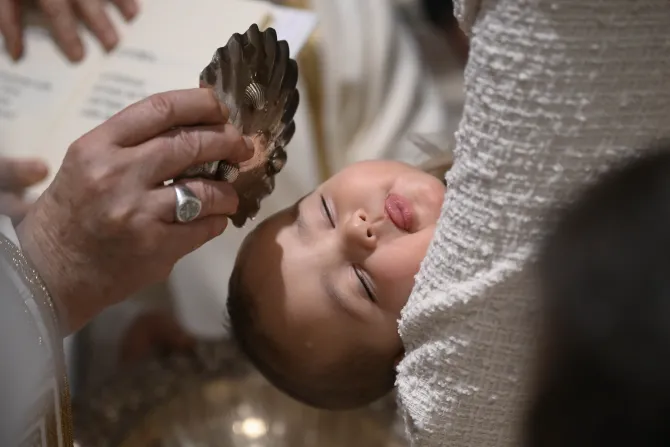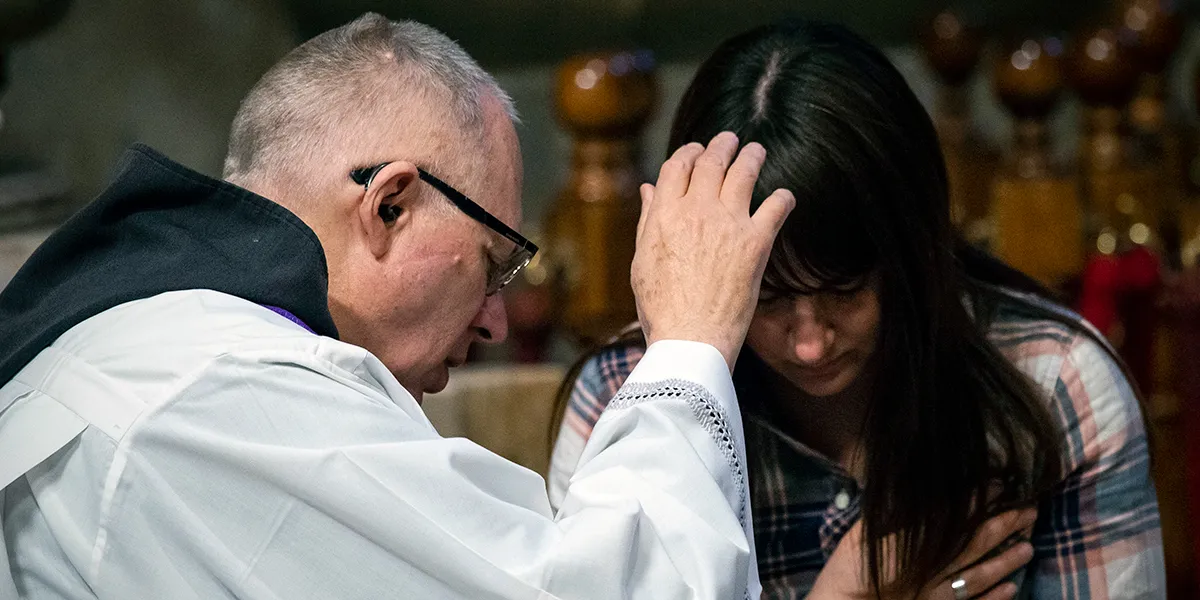Anglican & Lutheran Doctrines of Baptismal Regeneration
Holy Baptism is one of two (or three) Dominical Sacraments. Baptism is regenerative and assumes genuine works of faith and love in the life of the baptizand. Baptism incorporates us into Christ, washes away our sins, makes us members of the Church, and adopts us into God’s family. We are received into God’s mercy, the Covenant of Grace, upon Holy Baptism, whether as an infant or an adult. Baptismal regeneration is explicitly taught in the offices of Holy Baptism in both traditions as well as in their doctrinal/confessional documents. Faith in the Sacrament is needed, and is taught to be granted by God; thus ex opere operato is rejected. If the form of our Lord’s institution (water and personal Trinitarian invocation) is properly used by an ordained minister the Sacrament is valid. Only Bishops/Priests/Pastors may officiate the Sacrament. There are a wide variety of offices used for Holy Baptism in both traditions.
In Anglicanism, in the 1662 Book of Common Prayer office For the Public Baptism of Infants for example, the Priest declares that the child is grafted into Christ, sanctified and regenerate by the Holy Ghost, and has become a member of Christ’s flock and congregation due to Holy Baptism: “Dearly beloved, ye have brought this child here to be baptized; ye have prayed that our Lord Jesus Christ would vouchsafe to receive him, to release him of his sins, to sanctify him with the Holy Ghost, to give him the kingdom of heaven and everlasting life. Ye have heard also that our Lord Jesus Christ hath promised in his Gospel, to grant all these things that ye have prayed for: which promise he, for his part, will most surely keep and perform… Seeing now, dearly beloved brethren, that this child is regenerate and grafted into the body of Christ’s Church, let us give thanks unto Almighty God…” The language of promise speaks of Christ’s will to embrace and forgive penitent sinners and give them new life. Our Lord loves and receives little children, especially the children of believers, who are invited to become full-partakers of God’s Kingdom through the initial sacramental rite of Holy Baptism. Some Reformed & Evangelical Anglicans suggest assumptive Baptismal regeneration, whereby only the elect are cleansed; yet it would be better to take the office for what it is: to believe wholeheartedly that our Lord receives the baptizand into His full measure of grace, granting them the gift of repentance, faith and the Holy Spirit. The sponsors promise to help raise the child in the nurture and admonition of the Lord. We are to faithfully carry out our Lord’s command to baptize all nations. Anglicanism has a history of triple immersion baptism, sprinkling, pouring and single immersion.
For Lutherans Baptism is necessary for salvation and should never be rejected or despised. It is the means by which we are united with Christ and all of His benefits through the operation of faith. Christ Himself baptizes us through His pastors, receiving us fully as sons and daughters in His Church, soon to confirm us and feed us with His Body and Blood. Baptismal regeneration is explicitly taught in the Book of Concord. For instance, in Luther’s Large Catechism, it is taught that a person cannot be considered a Christian without Baptism, which is the historic position of the universal Church. Through the Word of Christ spoken over the water, Holy Baptism becomes salvific (and thus regenerative) according to Luther: “Therefore state it most simply thus, that the power, work, profit, fruit, and end of Baptism is this, namely, to save. For no one is baptized in order that he may become a prince, but, as the words declare, that he be saved. But to be saved, we know, is nothing else than to be delivered from sin, death, and the devil, and to enter into the kingdom of Christ, and to live with Him forever.” Because our Lord Jesus Christ said that whoever believes and is baptized shall be saved, Holy Baptism can never be separated from the entire Christian experience; it is not only a command of Jesus and the gate of entry into the Church but Baptism is a sure means of mercy and saving grace from our Lord. The Augsburg Confession condemns those who reject that baptism saves, even going so far as to say that unbaptized children are lost. This unshakable defense of baptismal regeneration leaves no question as to the efficacy of the Sacrament in the minds of Lutherans. We are always to be reminded of our Baptism so as to recall the saving work of our Lord Jesus Christ in shedding His blood for us and saving us from our sins, whereby He initially applied the healing balm of salvation upon us during Holy Baptism.
In offices from both churches edifying traditions can be found. For instance, a Baptismal Robe & Candle are used by the baptizand for the sacramental ceremony, which can be accompanied by anointing oil, a parental blessing, and the reception of Holy Communion. Gifts such as cross necklaces, evangelical rosaries, pocket images, Prayer Books & Bibles are usually distributed as well. Both Lutherans and Anglicans at large do not practice paedo-communion after baptism, but Luther was not opposed to it, nor was the early Church even until around 1250 AD (both East and West). In my understanding of God’s Word, children should be communed by their Pastor immediately after Holy Baptism when they are able to receive both elements. If our children are truly regenerate by God’s grace, we should treat them as such, by obeying our Lord to let the little children come to His Table. They are His sons and daughters after all, and must be fed by Him just as us adults are. The communion of children, alongside the exorcism and anointing of the infant, was the common practice of the universal Church for over a millennium. Examining 1 Corinthians 10:1-5 is crucial for this discussion.
Pastors should be diligent in teaching families about Holy Baptism, its promises and warnings, its fruits and benefits, its danger for those forsaking the faith and its call to holiness and separation unto the Lord. Families should be duly catechized and prepared to take the vows during the celebration of the Sacrament.


